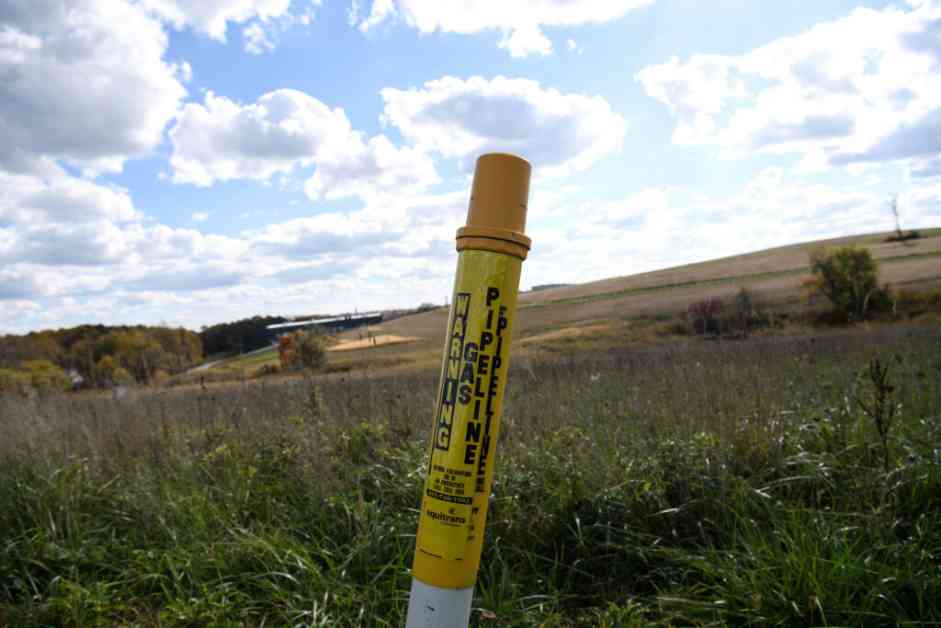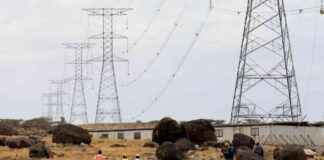Pennsylvania’s wetlands are facing a new threat following a recent order from the Trump administration. The U.S. Army Corps of Engineers has been directed to “fast-track” applications from fossil fuel and other companies to construct infrastructure like pipelines and natural gas pads in areas that may contain sensitive natural features. This move has raised concerns about the potential impact on these vital ecosystems and the public involvement in the permitting process.
The Importance of Wetlands
Wetlands play a crucial role in our environment, serving as natural sponges for rainwater, which helps reduce flooding—a critical function in the face of increasing climate change-induced deluges. Additionally, they act as filters, improving water quality, and provide essential nutrients that support the food web. These ecosystems are valuable assets that require careful consideration and protection.
The U.S. Army Corps of Engineers, responsible for reviewing wetlands and waterways under the federal Clean Water Act, has historically approved the majority of wetlands permit applications. While approvals have been common, the Corps has typically conducted on-the-ground inspections to assess the potential impact of developments on wetlands. Conditions are often attached to permits to balance development with environmental protection.
Concerns and Consequences
With the recent executive order calling for a “fast-track” review process, concerns have been raised about the potential reduction or elimination of public input. Environmental advocates fear that this accelerated approval process may lead to permits being issued without thorough public scrutiny, detailed questioning of developers, or adequate protections for wetlands and waterways. This could result in weak permits that fail to safeguard these critical ecosystems.
Tom Pelton, a spokesperson for the Environmental Integrity Project, highlighted these concerns, emphasizing the importance of public participation and rigorous scrutiny in the permitting process. The fear is that expedited approvals may overlook crucial details, endanger sensitive species, and compromise the ecological integrity of wetlands.
The expedited review process raises questions about the level of public engagement and the thoroughness of permit evaluations. The potential implications of fast-tracking permit approvals could have far-reaching consequences for wetlands and waterways, impacting their ecological health and resilience.
Emma Bast, a staff attorney with PennFuture, stressed the importance of minimizing the impact on wetlands when undertaking development projects. Balancing environmental preservation with economic activities requires careful planning and adherence to regulatory guidelines. Without proper consideration and mitigation measures, wetlands could face irreversible damage, jeopardizing their ecological functions and biodiversity.
As the Army Corps proceeds with the review of permit applications under the executive order, the need for transparency, accountability, and environmental stewardship remains paramount. Public awareness and engagement are crucial in safeguarding wetlands and ensuring sustainable development practices that protect these vital ecosystems for future generations.
Donations from readers like you support our mission to provide critical environmental news and promote public awareness. Your contribution enables us to continue our work in reporting on pressing environmental issues and advocating for a sustainable future. Join us in our efforts to protect our planet and inspire positive change through informed action.
Thank you for your support and commitment to environmental conservation. Together, we can make a difference and preserve the natural world for generations to come.














